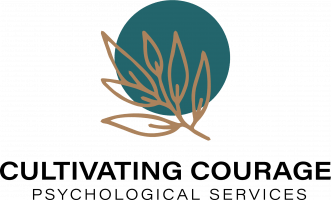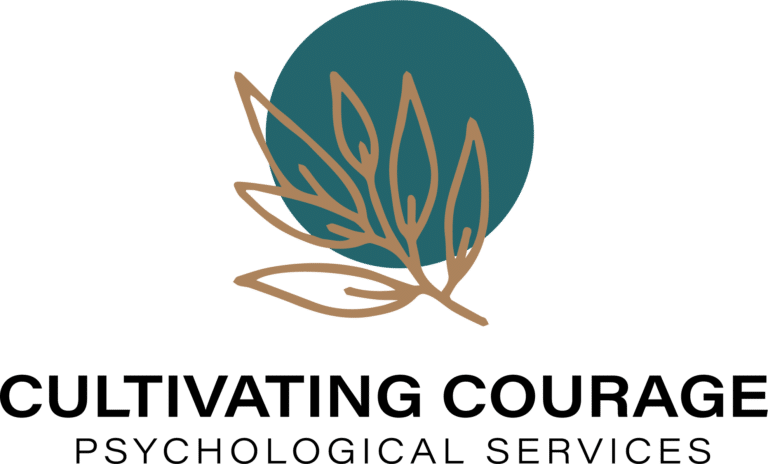Locus of control (LOC) is a theory coined by Julian B. Rotter in 1954. The need for this construct came about when Rotter wanted to better capture or understand personality and how humans learn. Rotter meant for locus of control to be more of a continuum, despite the use of either-or language.
So what is locus of control?
Rotter describes two types of locus of control, internal and external.
Internal Locus of Control
If you have an internal LOC, you believe that your actions have a direct effects on your life. In other words, for the most part, you believe that you are in charge of your own destiny. A simple example of this would be attributing passing a test to your study habits.
External Locus of Control
If you have an external LOC, you believe that outside influences control your life. In other words, you are fated to a certain destiny. A simple example of this would be attributing passing a test to the easiness of the exam.
Both of internal and external LOC have assets and liabilities. It’s important to know that these are not stagnant and may change with time and/or context.
Why is this important?
Locus of control becomes an important factor in therapy when you are learning skills to improve your mental health.
Therapists often ask you to engage in a different locus of control than you typically operate in. By practicing internal LOC, you are taking responsibility for the consequences of your actions. If you use your coping skills, you start to feel better. This is not an accident! You deserve credit for the hard work you put in! On the other hand, sometimes a therapist might want you to practice taking less responsibility for things that are out of your control. Not everything is controllable and it is ok to be gentle with yourself in the moments things do not go your way.

Get curious about your locus of control and how it may change depending on the situation. How is it serving you? And do you need to make a shift?
*Rotter, J. Social Learning and Clinical Psychology. 1954
We’re psychotherapists in Weschester, NY.
Visit our homepage at: www.couragepsych.com



